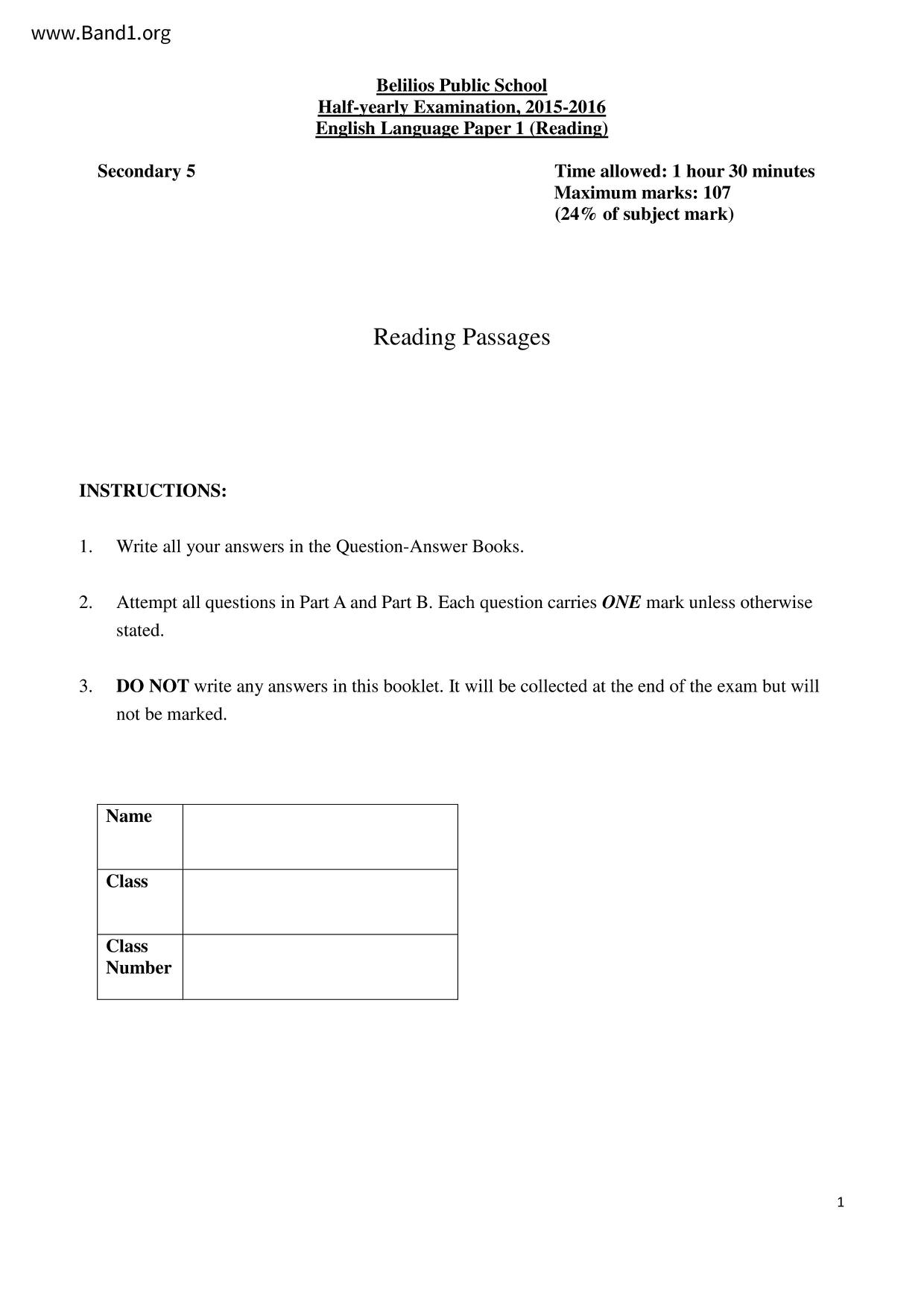香港中五英文試卷
編號:
6637
學校區域:
香港港島東區
學校:
庇理羅士女子中學
(BELILIOS PUBLIC SCHOOL)
年級:
中五 (F5)
科目:
英文 (English)
年份:
2015-2016
卷種:
考試
檔案格式:
pdf
頁數:
30
檔名:
eng Half_yearly_Exam_Paper_1_Q_A (2)
▼ 圖片只作預覽, 如欲下載整份卷, 請按「免費成為會員」 ▼
庇理羅士女子中學 (名校卷)
 ▲ 圖片只作預覽, 如欲下載整份卷, 請按「免費成為會員」 ▲
▲ 圖片只作預覽, 如欲下載整份卷, 請按「免費成為會員」 ▲香港中五英文試卷 PDF
下載試卷只限會員尊享